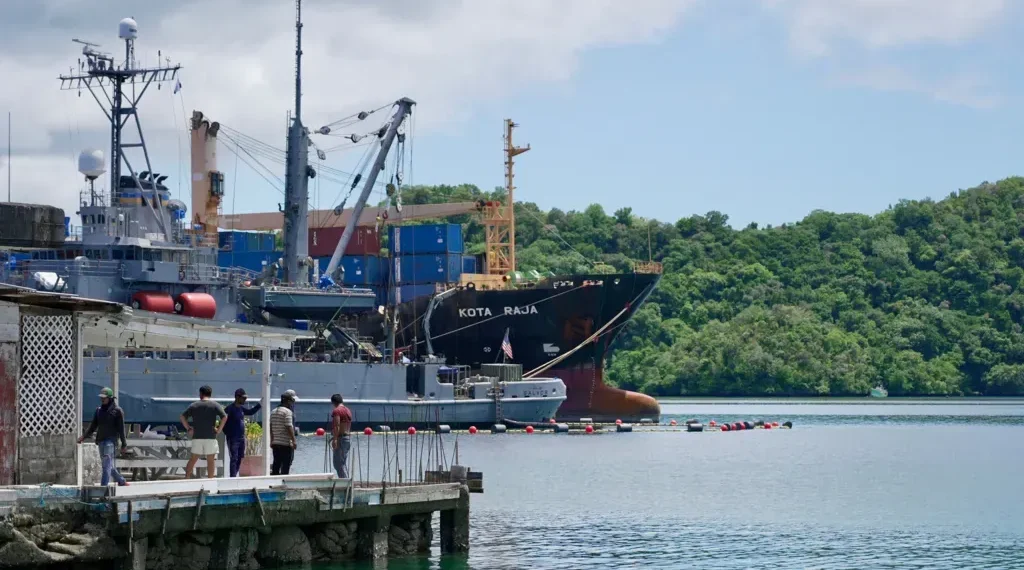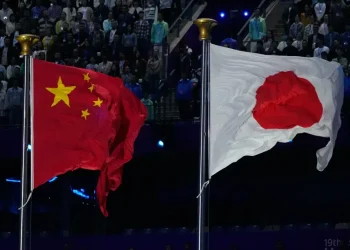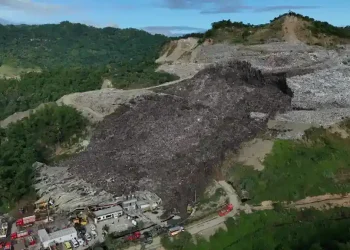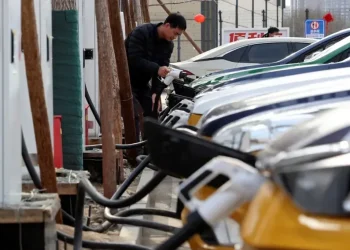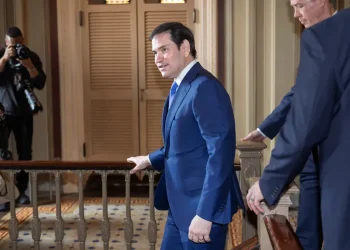Palau Faces Strategic Pressures Amid China-US-Taiwan Rivalry
Republic of Palau (Journos News) – The island nation of Palau, home to fewer than 20,000 people, has become a focal point of international attention, caught in the crosshairs of a geopolitical struggle between China, the United States, and Taiwan. Shifts in tourism, land development, and military infrastructure illustrate how global politics ripple down to the daily lives of Palauans.
Once thriving with Chinese tourists, Palau’s tourism sector saw a sudden collapse in 2017 when Beijing reportedly ordered tour operators to halt travel packages to the islands. Local dive operators, hotel owners, and fishermen, who had expanded rapidly to accommodate the influx, were left with idling boats and empty accommodations. Palauan officials allege the move was an effort to pressure the nation into withdrawing diplomatic recognition from Taiwan, though China has denied using tourism as a political tool.
Tourism as Diplomatic Leverage
Palau is one of only a handful of countries that officially recognize Taiwan. Beijing views such recognition as a challenge to its “one China” policy and has sought to influence small Pacific nations to switch allegiance. Scholars note that tourism, investment, and diplomatic invitations have all been leveraged in this broader strategy.
Taiwan, in contrast, has cultivated deep local ties through scholarships, medical teams, and agricultural aid. For many Palauan officials, Taiwan is seen as a reliable partner. Jessica Lee, Taiwan’s ambassador to Palau, described the relationship as “solid as a rock until death do us part.” Nevertheless, recent years have seen China persuade other Pacific nations, including the Solomon Islands, Kiribati, and Nauru, to switch diplomatic recognition.
President Surangel Whipps Jr. of Palau has publicly resisted Beijing’s overtures. In 2021, he reported being offered a million Chinese tourists in exchange for changing Palau’s recognition of Taiwan, which he refused. China’s subsequent travel advisories warning citizens to “exercise caution” in Palau were framed as a safety measure, though Palauan officials interpreted them as political pressure.
Strategic Location and US Military Interests
Palau’s location on the so-called “Second Island Chain” gives it strategic importance for monitoring military movements in the western Pacific. Under the Compact of Free Association, Palau grants the US exclusive military access in exchange for extensive aid, including rights for Palauan citizens to live and work in the United States.
The US has been expanding its footprint with upgraded airstrips, a Tactical Multi-Mission Over-the-horizon Radar (Tacmor) system, and plans to enlarge Malakal Harbour for larger vessels. US officials have expressed concern over nearby Chinese investments, particularly land leases near strategic military sites, including proposed resorts and residential developments. Washington fears these could be converted for military purposes if tensions with China escalate.
Chinese Investment and Local Concerns
Chinese businesses have leased thousands of square metres of land in Palau, prompting scrutiny from both US and Palauan authorities. While some projects were reportedly legitimate tourism investments, Palauan officials remain wary of potential strategic motives. National security advisor Jennifer Anson noted, “Maybe on the outside, but when the time comes that China invades Taiwan, these could be transformed into military sites.”
Local perspectives are mixed. Some residents view the US military buildup and Chinese investments as distant geopolitical concerns, while others worry about their implications for security and the environment. Environmental organizations have also highlighted the ecological impact of past tourist booms, including coral damage and overuse of fragile coastal resources.
Chinese-Linked Crime and the Diplomatic Gap
Since 2018, Palauan authorities have also reported the rise of Chinese-linked organized crime, including illegal gambling, cybercrime, and money laundering. High-profile cases, such as the entry of Macau triad leader Wan Kuok Koi (“Broken Tooth”) and sanctions against the Prince Group, underscore concerns that the lack of diplomatic ties to China enables criminal actors to operate with relative impunity.
Analysts argue that the absence of Chinese consular presence in Palau has inadvertently created a permissive environment for illicit activity. “When you trawl Chinese diaspora sites in Cambodia, the criminals themselves are drawn by the lack of PRC diplomatic presence there,” said Graeme Smith, senior fellow at the Australian National University.
Local Perceptions and Growing Anxiety
For many Palauans, the high-level strategic contest between China and the US feels remote, but its consequences are tangible. Concerns about potential conflict, military installations, and foreign influence have fueled public unease. Community petitions have called for US assurances regarding civilian safety in the event of hostilities, highlighting the deep anxiety within the population.
“This administration is very hawkish towards China, and I think it’s ridiculous,” said a former governor of Angaur. “We should concentrate on the environment and less on China-US relations.”
President Whipps Jr. has echoed these sentiments, emphasizing that Palau’s location makes it an inevitable center of strategic attention. “No matter what we do, Palau is going to be the center of any military activity because of our location,” he told the BBC.
Conclusion
Palau’s experience underscores how a small nation can become entwined in global power rivalries. Tourism fluctuations, land acquisitions, and military infrastructure are not merely economic or technical issues—they are part of a larger geopolitical chessboard involving China, the US, and Taiwan. For Palauans, these distant contests are felt in their daily lives, shaping both security perceptions and economic stability.
This article was rewritten by JournosNews.com based on verified reporting from trusted sources. The content has been independently reviewed, fact-checked, and edited for accuracy, neutrality, tone, and global readability in accordance with Google News and AdSense standards.
All opinions, quotes, or statements from contributors, experts, or sourced organizations do not necessarily reflect the views of JournosNews.com. JournosNews.com maintains full editorial independence from any external funders, sponsors, or organizations.
Stay informed with JournosNews.com — your trusted source for verified global reporting and in-depth analysis. Follow us on Google News, BlueSky, and X for real-time updates.
